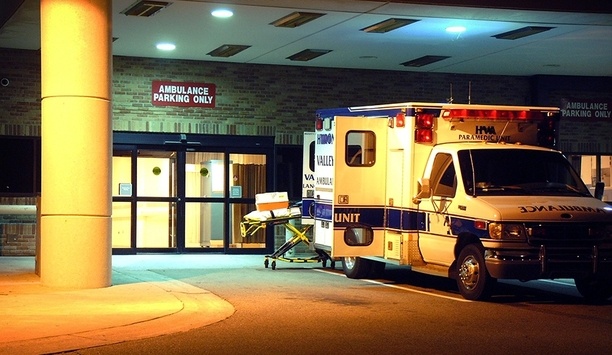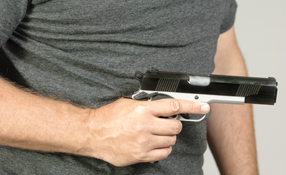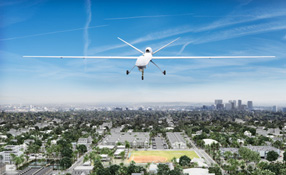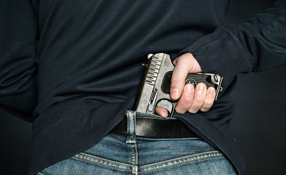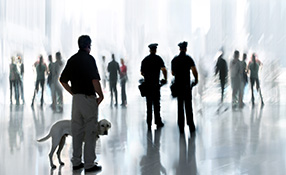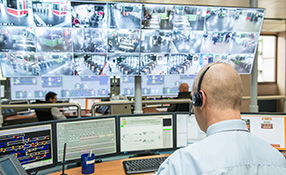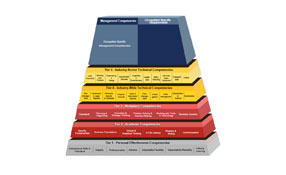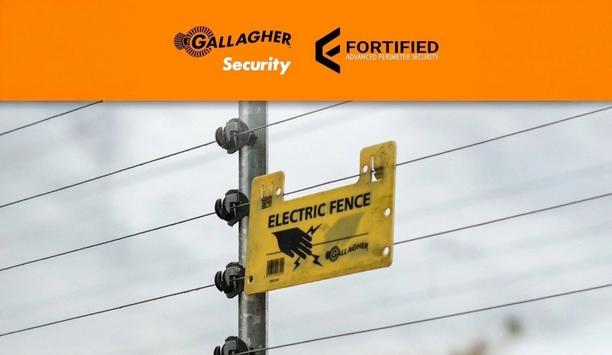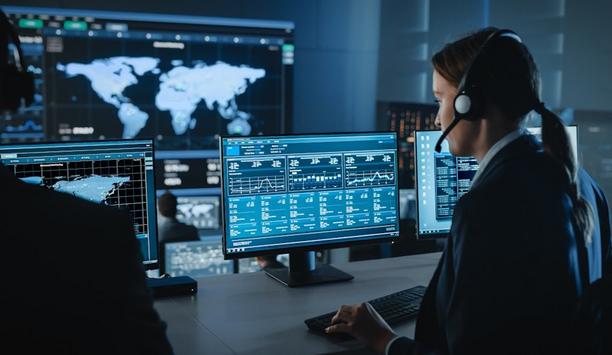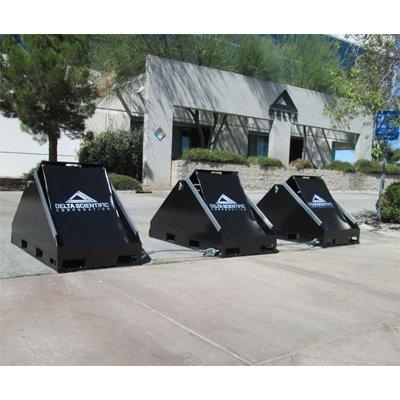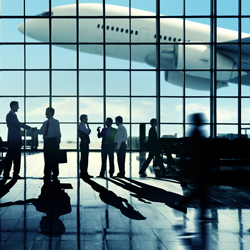 |
| Preventive security measures and security training of personnel in the line of fire have improved dramatically |
Counter Terror Successes
Some of these successes are very recent: Just a few days ago, for example, FBI Director James Comey told CNN that the bureau had foiled a number of terrorist plots hatched to kill U.S. citizens over the Fourth of July holiday. Comey speculated that terrorists abroad may have recruited, supported and encouraged the actors in these plots, but wouldn’t reveal additional details.
For the most part, officials aren’t talking about their domestic law enforcement successes in counter terrorism, and the numbers of terrorist plots may be much higher than what the media discovers and reports.
Lacking Intelligence Capabilities?
Shortly after 9-11, Stephen Flynn, author of two books about 9-11, terrorism and security, told me that the nation’s intelligence capabilities were way behind when it came to terrorism. He also said that it would take several years to build up those capabilities. Eventually, he noted, good intelligence would make us much safer.
Could his prediction be coming true? Intelligence has prevented a number of plots in recent years before they could get started.
According to the TSA, current |
Some critics disagree. One school of thought contends that many FBI arrests of Muslim-Americans actually involve criminal activity inspired by the FBI. According to this theory, undercover FBI informants convince Muslim-Americans to undertake terrorist activities. When they get under way, the FBI arrests them.
However, it makes better sense to suggest that successful intelligence operations are making us safer most of the time.
Changes In Airport Security
In addition to higher quality intelligence, preventive security measures and security training of personnel in the line of fire have improved dramatically, as well.
Look at what the airline industry has done to prevent and foil attacks. Created immediately after 9-11, the Transportation Security Administration (TSA) immediately instituted a comprehensive aviation security program.
TSA began to thoroughly screen all passengers and luggage. The agency cordoned off all airports, allowing only ticketed passengers to pass through airport security.
The TSA technology center, working with private industry, developed — and continues to develop — advanced screening technologies capable of detecting explosives, weapons and other implements of destruction. According to the TSA, current technologies can even detect non-metallic weapons, such as plastic handguns — an issue of great concern for many years after 9-11.
For sure, TSA doesn’t get |
TSA has also created the Federal Flight Deck Officer Program, which trains and authorizes flight crewmembers to use firearms to defend against hi-jackers. Cockpits have been secured with combination locks on Kevlar-constructed doors.
Courage & Crisis Management
For sure, TSA doesn’t get everything right. They can be invasive in their pat downs. The screening slows movement through airports so much that many of us have come to dislike flying. Still, TSA appears by and large to be succeeding in preventing terrorists from getting to our airplanes.
Everyday people are on the alert, too. In March of this year, a passenger on a United Airlines plane rushed the cockpit screaming “jihad, jihad.” Passengers jumped the man and restrained him while the pilot turned the plane around and returned to the airport.
The incident brings to mind the inspiring courage of the passengers on Flight 93 who rose up against the terrorists in their cockpit and sacrificed their lives preventing the plane from crashing into the White House or Capitol Building in Washington, D.C., on 9-11.
In the end, we’re all everyday people, people who often fail to deal adequately with large threats to society. Our collective response to terrorism over the past 14 years suggests that we can succeed in taking on big challenges and crises — once we see clearly what needs to be done.
From facial recognition to LiDAR, explore the innovations redefining gaming surveillance





